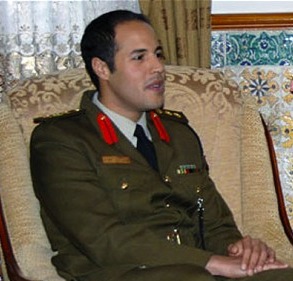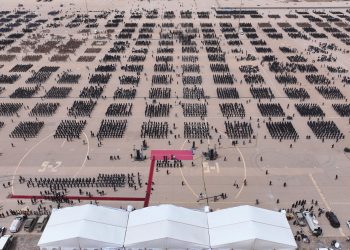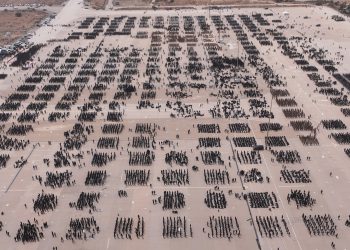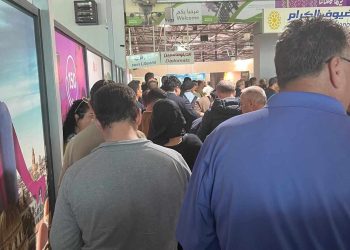By Michel Cousins.
Tripoli, 20 October:
Khamis Qaddafi was . . .[restrict]discovered and arrested in Bani Walid today but died while being taken to Misrata. News of his arrest and subesquent death was announced on TV this evening, Saturday, by the General National Congress spokesman Omar Hmaidan.
According to Hmaidan, Khamis was wounded when he and army forces were involved in a shoot-out in Bani Walid. He was captured by Misratan forces and taken to Misrata but died en route.
Up until today it had been generally believed that Khamis, Qaddafi’s youngest son (and in the views of many, his most brutal), had been killed on 29 August last year during a NATO airstrike. However, this was never confirmed, resulting in continuing rumours that he was still alive and somewhere in Libya. He was reported to have been seen in Bani Walid and in Tarhouna.
Shortly after his supposed death, pro-Qaddafi media announced that he was dead. But this is now seen as deliberate disinformation, a practice the regime cultivated. In 1986 it was announced that Qaddafi’s adopted daughter Hana was killed in the US airstrike on Bab Al-Azizya but she was subsequently seen many times in Libya. Likewise, Qaddafi’s son Seif Al-Arab was reported killed in a NATO raid on Bab Al-Azizya last year, but this was widely viewed as untrue.
Khamis’s reported death occurs exactly a year after that of his father, the dictator who was captured, then killed, in Sirte.
Given the mystery and conspiracy theories that have arisen about Qaddafi’s death, the fact that, like him, Khamis was captured by Misratan forces and then died will certainly trigger a mass of allegations about his demise.
Few in Libya were worried about that last night.
Even before the news was confirmed, Tripoli broke out into spontaneous party mood as rumours of his capture then death spread.
On the streets there was a rising cacophony of car horns blasting away as the news spread, with almost every other vehicle flashing indicator lights. Guns were fired into the air in celebration. By mid evening, traffic in many parts of the city had ground to a halt as more and more people took to their vehicles to drive round celebrating. Fireworks burst over Fashloom, centre of so much opposition to the regime last year, and the main road into it was closed. In Gargaresh, young men could be seen dancing in the streets between the oncoming traffic. In Dahra, at one point, a massive roar from a nearby but unseen crowd sounded as if the winning goal in a football match had just been scored.
As for the many checkpoints set up during the day in case pro-Qaddafi elements tried to mount an attack to mark the anniversary, they became celebration points, with the soldiers manning them dancing, shouting takbeers (“Allahu Akbar”), giving victory signs and merrily waving the traffic on.
Not since Saif Al-Islam’s capture last year has the city been in such carnival mood.
[/restrict]









